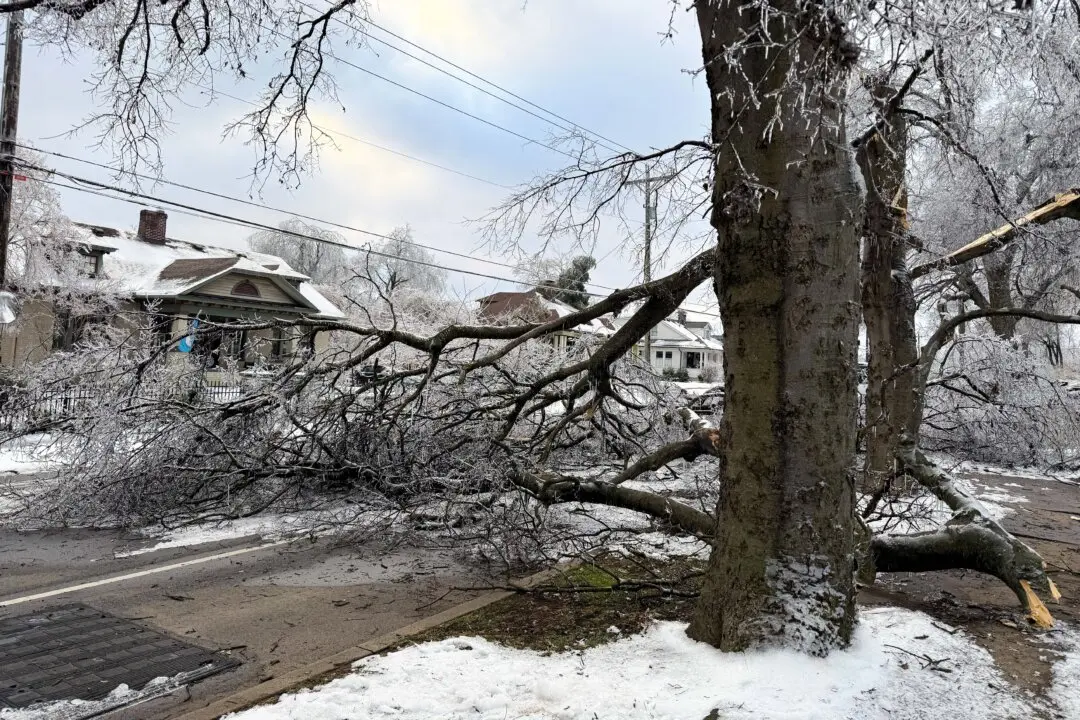President Donald Trump surprised some on Feb. 10 by turning his attention to plastic straws and their use in federal buildings.
In a Feb. 10 executive order, the president moved to end the “procurement and forced use of paper straws,” calling it an “irrational campaign against plastic straws.”





